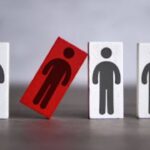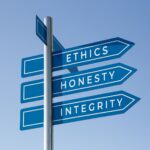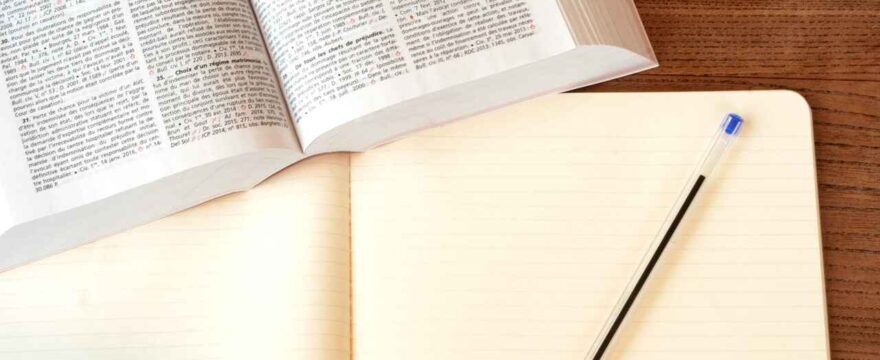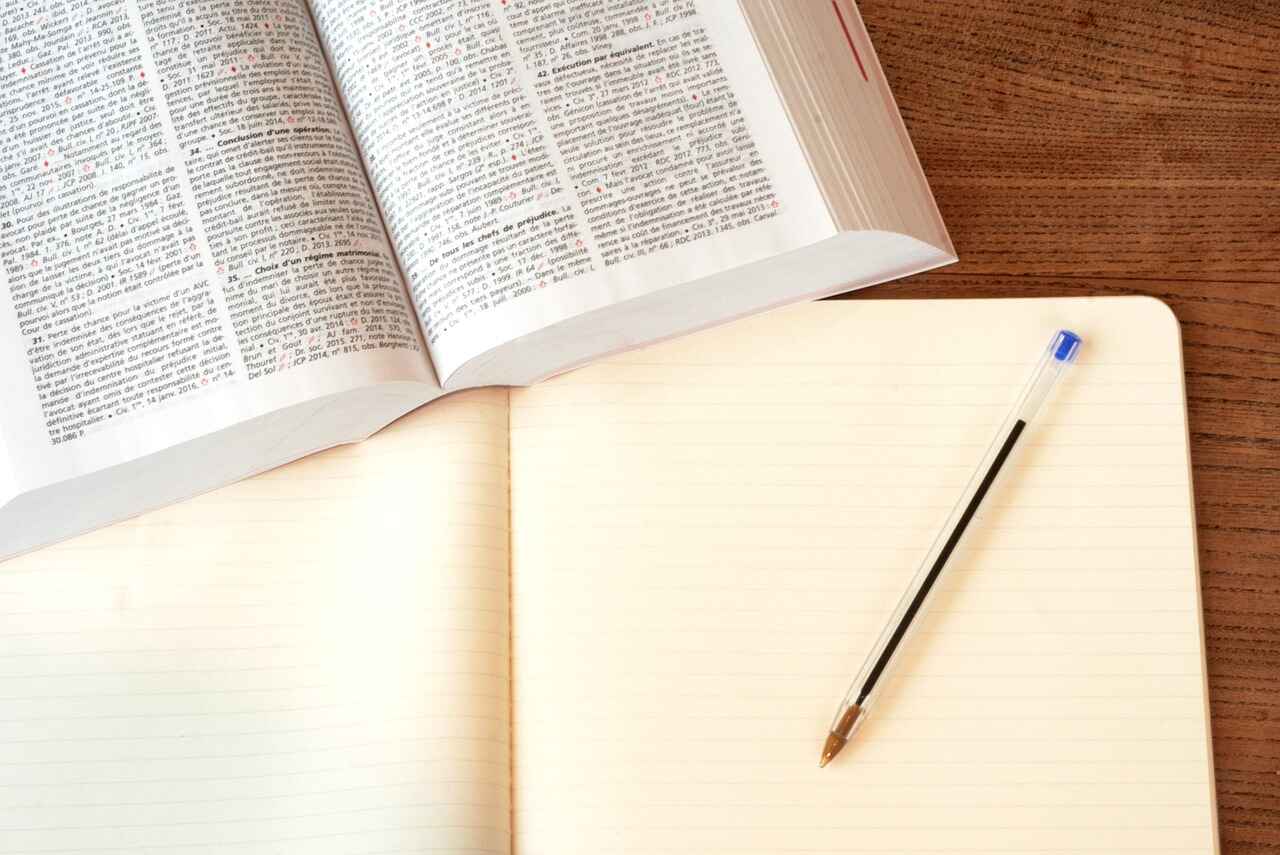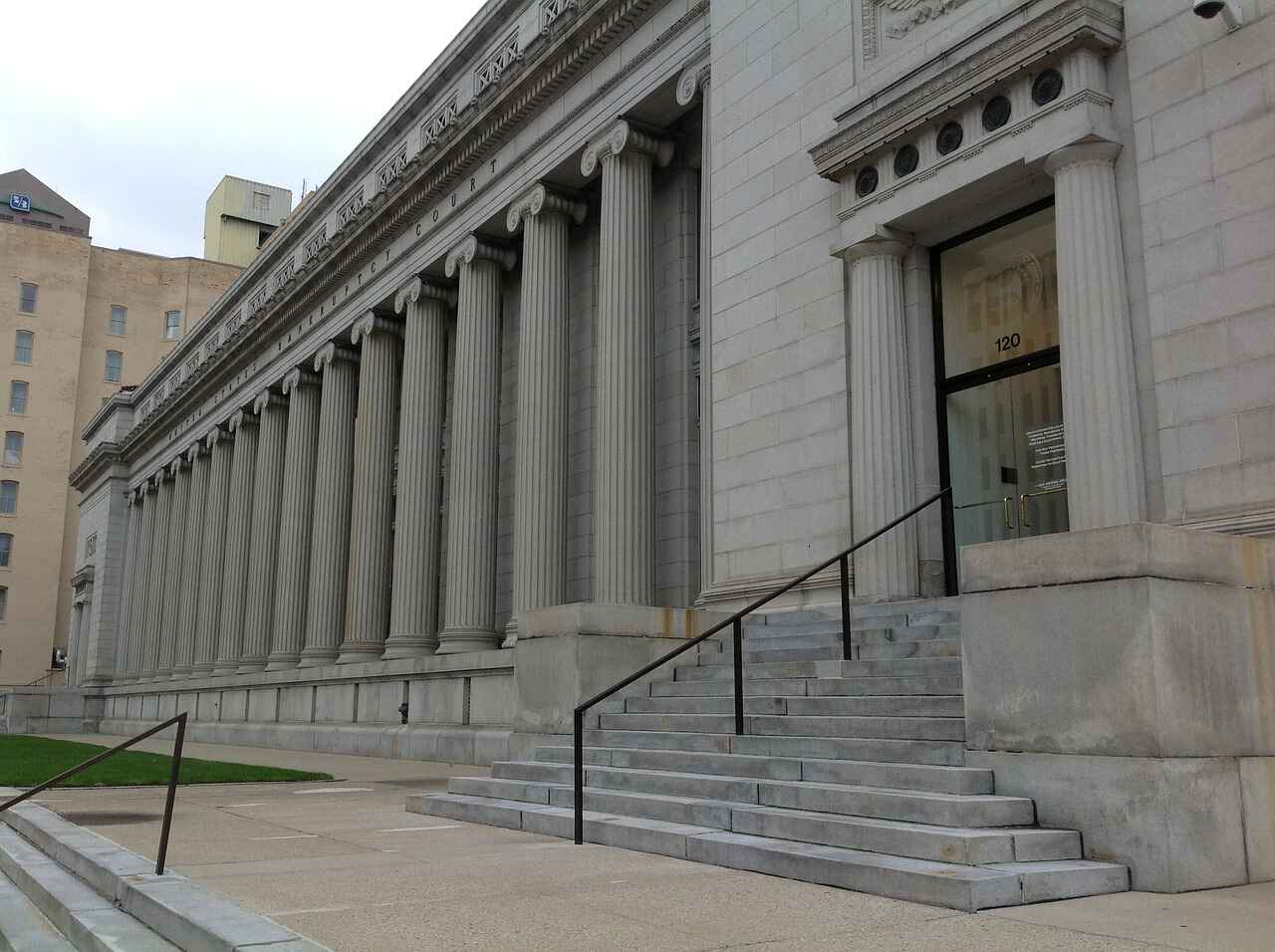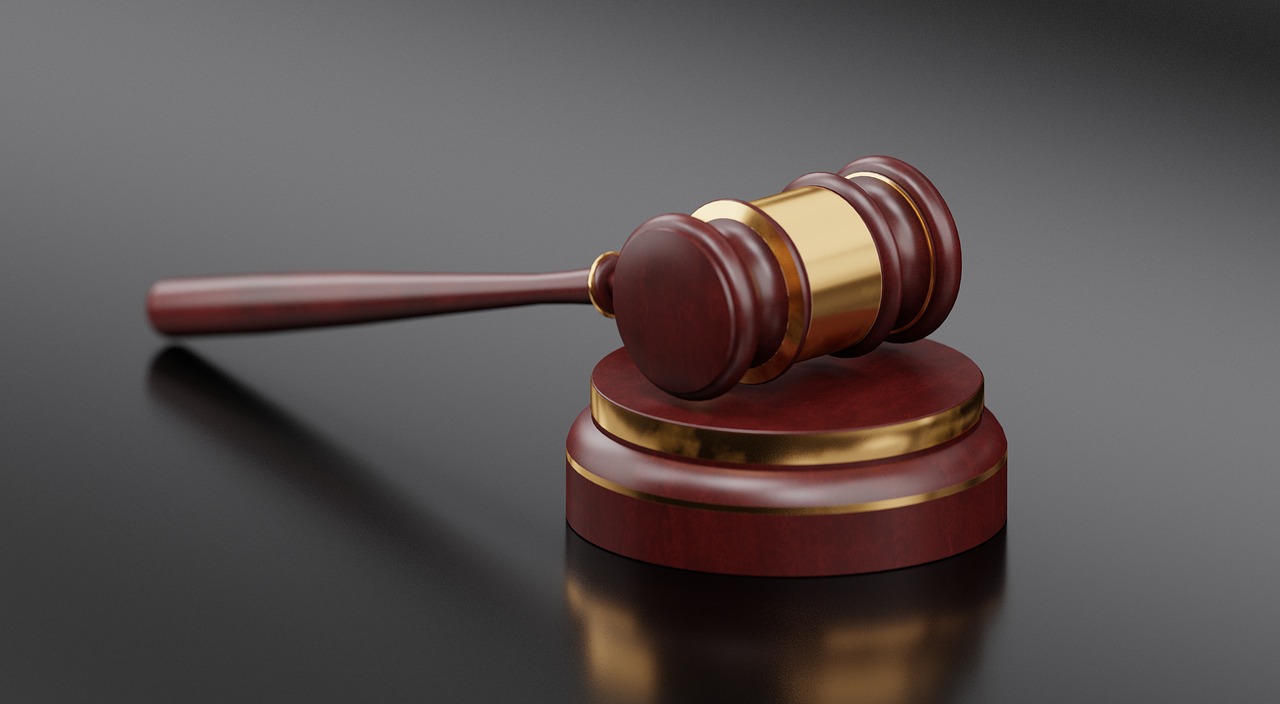If you have a foreign legal education and want to sit for the New York Bar Exam, it is critical to understand your eligibility.
If you have studied or practiced law outside the United States but wish to offer legal services in New York, you must pass the New York Bar Exam.
However, this exam isn’t only for lifelong New York residents. Many people from other countries and continents sit for the New York Bar Exam each year. This post will walk you through some of what foreign lawyers can expect on the New York Bar exam.
Completing Your Foreign Evaluation Form
Every New York Bar Exam applicant must complete a digital Foreign Evaluation Form. You’ll also need to submit supporting documents to confirm your eligibility. Regarding the New York Bar Exam’s requirements for foreign lawyers, these documents may include:
- Transcripts from where you attended and completed law school
- Recommendation letters
- Your articles of clerkship
- A foreign credential evaluation
- Proof of your admission to practice law
- Proof of English proficiency
Legal Education Requirements
It’s impossible to discuss the New York Bar Exam for foreign lawyers without reviewing Section 520 of the Rules of the Court of Appeals for the Admission of Attorneys and Counselors at Law. This section covers who has the education required to sit for the New York Bar Exam.
- Completing a Foreign Law School Program: It’s understandably more convenient for foreign individuals to attend and complete law-related studies in their home countries before attending courses in the United States. Meeting this requirement means you completed a law school program outside of the U.S. However, this course completion must provide a comparable duration and curriculum to one taught at an ABA-approved law school in the U.S. Otherwise, it can be difficult for foreign students to take the New York Bar Exam.
- ABA-Approved Law School Graduates (Juris Doctor (JD) Degree): Students can receive law degrees from one or multiple U.S. law schools approved by the ABA. If you have a JD from an ABA-approved school, you fulfill this requirement to take the New York Bar Exam.
- ABA-Approved Law School and a Clerkship: New York also allows those who have attended ABA-approved law schools to take the New York State Bar Exam, provided they have previous law office study experience.
- Non-ABA-Approved Law School Graduates: Foreign lawyers can also meet the New York Bar Exam’s requirements by obtaining a law degree from an ABA-approved school combined with a clerkship. For the clerkship requirement, practice in a jurisdiction where you’ve been admitted for at least five of the past seven years leading up to your Bar Exam application.
- Pro Bono Scholars Program Participant: Some institutions allow students to participate in a pro bono scholars program. This program is only for law students in their last year pursuing a Juris Doctor degree. If accepted into this program, students must spend their final semester completing an approved course dedicated to performing pro bono services.
What Constitutes a Qualifying Legal Education?
Universities and higher education facilities exist worldwide. Because of that, it can be confusing for foreign lawyers to understand what the New York Bar Exam recognizes as qualifying legal education. According to Rule 520.6 (b)(1) of the Rules of the Court of Appeals, a foreign lawyer’s education must meet these requirements:
- You must have a valid degree of completion from a foreign school.
- Your degree must be in a law-related field.
- You fulfilled all educational requirements to practice law in a foreign country.
- Your home country’s government must qualify, approve, and recognize the law school whose program you completed for you to take the New York Bar Exam as a foreign lawyer.
- The program you completed must be substantially equivalent to the duration of a part-time or full-time legal education program in the U.S.
- The degree you received must come from an educational institution in your home country that follows a program and course of law study similar to an ABA-accredited law school.
The Cure Provision
While preparing for or applying to the New York Bar Exam, you might see the term “cure provision.” Cure provisions can be highly beneficial to foreign students taking the New York Bar Exam.
An essential requirement of receiving admission to practice law in a foreign country is that said country uses a “jurisprudence” based on English Common Law principles.
As you’ll find on the New York Board of Law Examiners website, whether your legal education came from an English Common Law or non-common law country, you can use the cure provision to cure one but not both of your durational or substantive deficiencies.
What the New York State Bar Exam Entails
When discussing the New York Bar Exam for foreign lawyers, it’s also wise to know what to expect as the actual test begins.
The New York Bar Exam is a two-day test that consists of the Uniform Bar Exam (UBE). You’ll take multiple Multistate Performance Tests (MPT) and Multistate Essay Exams (MEE) during this exam’s first day. You must complete the Multistate Bar Exam (MBE) on the second day of this exam.
You must also complete the New York Law Course (NYLC) and the New York Law Exam (NYLE). The NYLC is an on-demand and online course lasting 15 hours. After taking this course, you can complete its test.
Paying the Required Fees
With the required information gathered, the final elements to take care of are fees. Sitting for the Bar Examination in New York costs approximately $750. This fee is non-refundable, regardless of whether you pass or fail the New York Bar Exam.
A foreign lawyer must know the deadlines to apply to the New York Bar Exam. This exam is only available twice per year. Missing a deadline will mean waiting several months before you can reapply. David A. Lewis Law is a legal ethics counsel with extensive experience helping law students and current lawyers deal with matters involving bar admissions and a wide range of ethical dilemmas.
